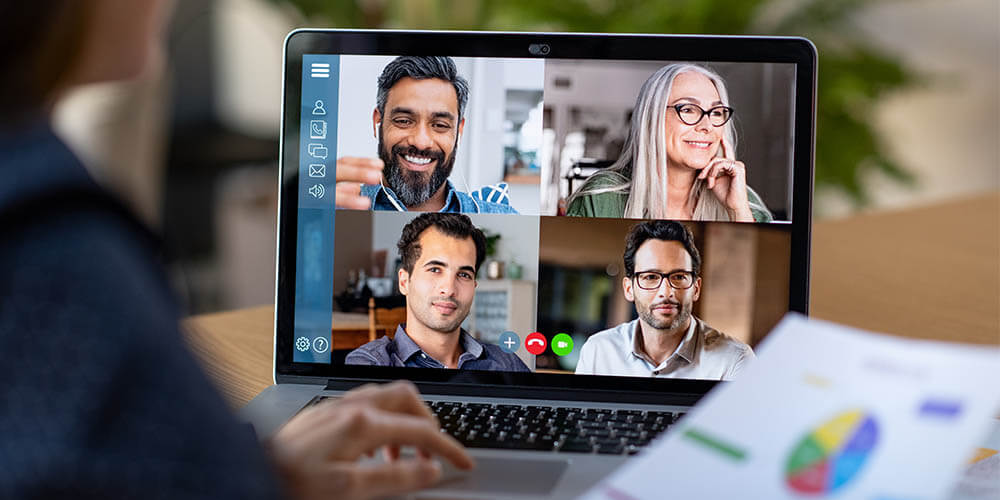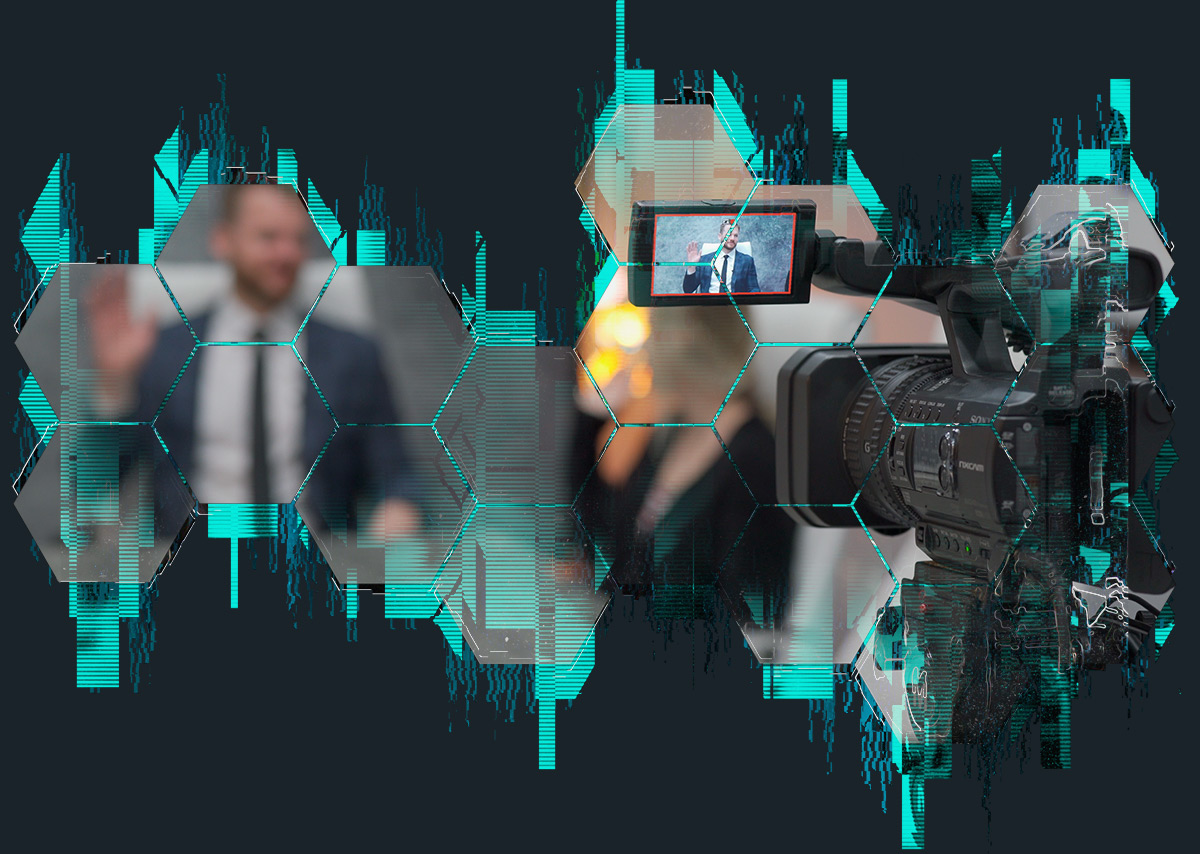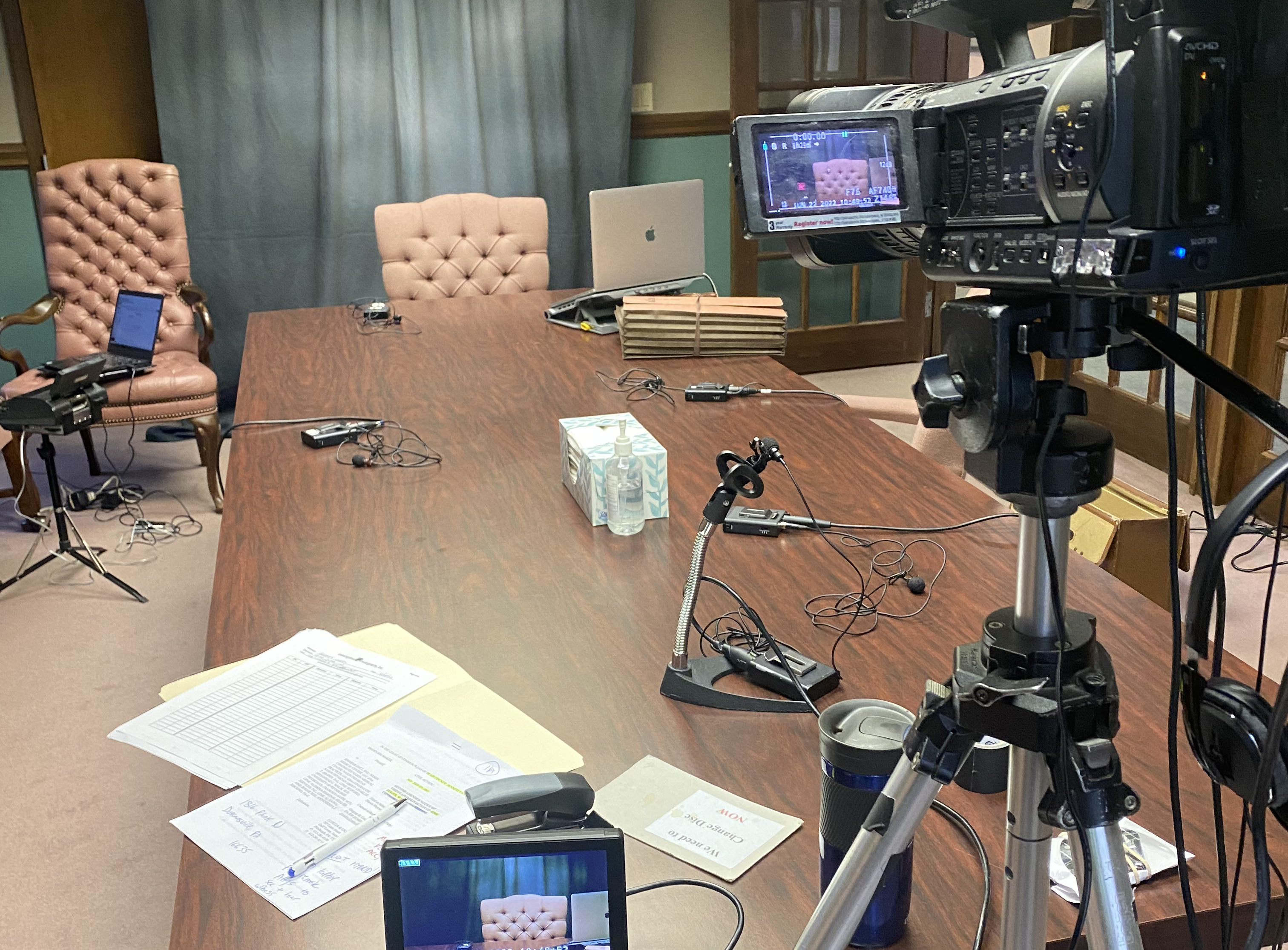Legal Video Depositions Explained: Reasons and incorporations to Consider Them
Legal video clip depositions act as an important device in the lawful process, catching witness testaments outside the court. They incorporate numerous elements such as sophisticated audio-visual innovation and the presence of a stenotype reporter. These depositions not only improve trial preparation but also give critical advantages in complicated cases. Understanding their crucial elements and advantages can considerably affect case results. What factors to consider should attorneys remember when deciding to utilize this approach?
What Is a Lawful Video Deposition?
A lawful video deposition is a recorded testament provided by a witness under vow, normally carried out outside of the courtroom. This procedure enables lawyers to gather info and evaluate the trustworthiness of witnesses before a trial. Video depositions serve multiple purposes, consisting of maintaining the witness's make up future referral and providing a graph of their demeanor and expression. This can be particularly beneficial in situations where the witness may be incapable to appear in court as a result of health issues or other dedications. The setting of a video deposition is frequently much less official than that of a courtroom, which can assist witnesses really feel extra secure while offering their statement. The resulting video clip can be used throughout the test to support or challenge claims made by either party. Generally, legal video clip depositions are an important device in the discovery process, enhancing the total performance of legal proceedings.
Key Components of Video Depositions
Video depositions are composed of several key parts that add to their performance in lawful process. Top quality audio-visual equipment is essential to record clear sound and image, assuring that the testimony is both reputable and obtainable. Second, a professional videographer plays a considerable role, handling the technical facets while keeping a neutral visibility during the deposition.Another essential element is the physical setup, which should contribute to a formal meeting, usually appearing like a courtroom atmosphere. This consists of proper lighting, seating arrangements, and history settings to lessen distractions.Additionally, the presence of a stenotype reporter is crucial, as they supply a verbatim transcript of the process, validating a complete record. The appropriate handling and storage of the video clip data, along with adherence to legal procedures, secure the stability of the deposition for future recommendation. These parts jointly ensure the deposition's reliability as evidence in court.


Advantages of Using Video Clip Depositions
Using video depositions offers many benefits that enhance the lawful process. They provide an even more exact depiction of witness testimony, catching not only words but also non-verbal cues such as body language and tone. This added dimension can substantially influence a court's assumption throughout trial. Furthermore, video depositions can enhance accessibility, permitting attorneys to share testimony conveniently with clients and coworkers who may be not able to go to in person.Furthermore, video clip recordings act as an effective device for impeachment, as they can highlight incongruities or disparities in witness statements. They also facilitate far better preparation for trial by permitting lawful teams to assess the deposition in information. Video clip depositions can reduce the demand for in-person appearances, conserving time and resources for all parties included. Generally, the incorporation of Continued video clip right helpful site into depositions represents a useful improvement in legal process

Ideal Practices for Carrying Out Video Depositions
Carrying out reliable video clip depositions needs mindful preparation and focus to detail. Lawyers should verify that all technological equipment is checked beforehand, including cameras, microphones, and lights, to stay clear of disruptions throughout the session. A peaceful and well-lit environment is necessary to record clear sound and video, reducing disturbances that might impact the deposition's integrity.It is important to prepare all individuals regarding the procedure, consisting of standards on speaking plainly and dealing with the video camera. This assists in creating a more interesting and expert environment. Additionally, having a backup recording method is recommended to avoid data loss.Legal agents need to additionally familiarize themselves with the particular guidelines regulating video depositions in their jurisdiction, guaranteeing conformity throughout the process. Finally, complete testimonial and editing of the final recording may be required to ensure it satisfies lawful criteria and gives a clear representation of the testament offered.
When to Consider Video Depositions in Your Case
When should lawyers consider making use of video depositions in their instances? Video depositions are particularly useful in circumstances where witness trustworthiness may be crucial, such as high-stakes litigation or cases involving intricate statements. They permit judges and courts to examine a witness's demeanor and body movement, which can significantly influence their perception of the testament's reliability.Additionally, video clip depositions are helpful when a witness is unable to attend the trial as a result of health concerns, geographical restraints, or unavailability. Recording their testimony on video guarantees that their declarations are protected in a compelling format.Moreover, in situations including specialist witnesses, video clip depositions can supply an interesting presentation of complex details, boosting the jury's understanding. Lawful experts might opt for video depositions to develop a much more impactful narrative throughout trial, permitting for a much more brilliant representation of the proof provided.
Often Asked Inquiries
Just How Much Do Lawful Video Clip Depositions Usually Cost?

What Tools Is Required for a Video Clip Deposition?
The vital devices for a video deposition includes top notch cameras, microphones, lighting, websites and taping tools - legal video depositions. In addition, a reliable video clip conferencing platform might be required for remote individuals, making sure clear interaction and documents throughout the process
For how long Does a Video Deposition Generally Take?
Video depositions commonly vary from one to several hours, depending upon the complexity of the situation and the variety of questions positioned. Each session is structured to guarantee thorough coverage of appropriate info and testaments.
Can Video Depositions Be Edited After Recording?
The question of whether video depositions can be modified after taping typically emerges. legal video depositions. Generally, the stability of the original recording is paramount, resulting in stringent restrictions on editing to maintain credibility and prevent misstatement
Are Video Clip Depositions Admissible in All Courts?
The admissibility of video clip depositions varies by territory. Courts typically approve them, provided they satisfy details legal requirements and treatments. Each case's context and the policies of the relevant court eventually determine their acceptance. Lawful video depositions offer as a crucial device in the lawful process, recording witness testaments outside the court room. A lawful video clip deposition is a taped testament given by a witness under vow, generally carried out outside of the courtroom. Additionally, video clip depositions can improve access, allowing lawyers to share testament conveniently with customers and colleagues who might be unable to attend in person.Furthermore, video clip recordings serve as a powerful device for impeachment, as they can highlight inconsistencies or disparities in witness statements. When should lawful specialists consider utilizing video clip depositions in their situations? Capturing their statement on video warranties that their statements are protected in a compelling format.Moreover, in situations including professional witnesses, video depositions can provide an interesting discussion of intricate information, improving the jury's understanding.